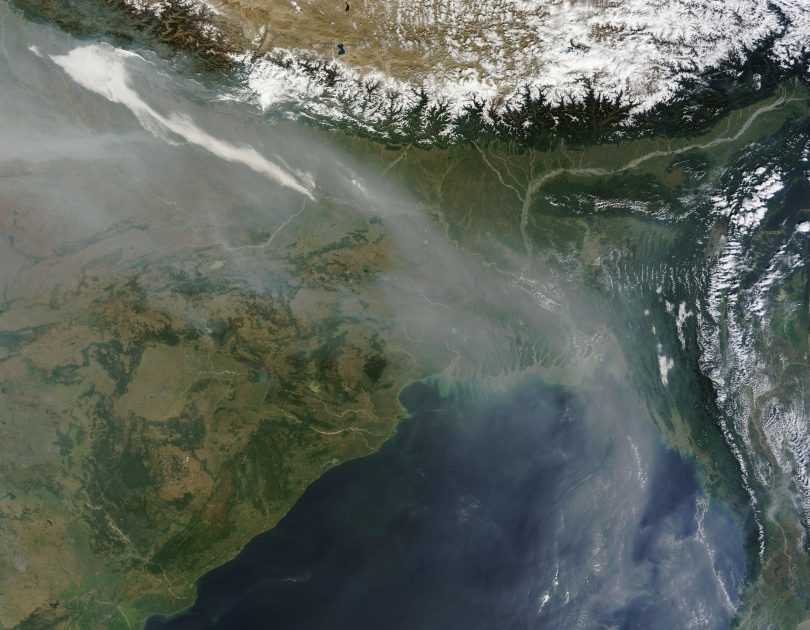Experts have said that lives of millions of people living in South Asia can be improved with the economic affluence of Bay of Bengal and mourned about the lack of investment in the region despite it having huge potential.
They also noted that northeast India could play a critical role in regional connectivity given its strategic location — it borders China, Myanmar, Bangladesh, Nepal and Bhutan. “The US State Department is currently implementing approximately $7.5 million in regional economic support fund programmes to promote closer engagement on topics related to energy, agriculture, customs and borders, trade and investment and digital connectivity,” said Craig L. Hall, US Consul General in Kolkata.
“Private sector participation and engagement is crucial to our approach, which seeks to create an enabling environment for business, stimulate investment, enhance regional stability and security through inclusive growth,” the envoy said during a round table conference at the American Center here on Wednesday.
He said greater connectivity has the potential to transform South Asia and in the process improve the lives of millions of ordinary citizens. “Nowhere are the challenges and potential for connectivity more evident than in northeast India, a region that borders China, Myanmar, Bangladesh, Nepal and Bhutan.”
Involving policy makers and business experts, corporate, government officials, media, academics and civil society experts, the conference on “Indo-Pacific Connectivity on Shared Prosperity” was organised by Jaipur-based NGO Consumer Unity and Trust Society (CUTS International) with support from the US Consulate General in Kolkata.
“Despite some very real challenges, the northeastern region of India has huge potentiality,” the US Consul General said, adding that with the right investments in energy, education and connectivity, the region’s young and dynamic population can take better advantage of the opportunities that come with greater integration.
He said considering Kolkata as a natural hub for regional connectivity between South and South-East Asia, the US hosted the multilateral conference on Indo-Pacific connectivity in December last year.
Maulana Abul Kalam Azad Institute of Asian Studies (MAKAIAS) Director Sreeradha Dutta said that instead of multilateral dialogue and regional forum, most issues can be resolved through bilateral talks.
“Northeast India could be a gateway in the Bay of Bengal region. The region, comprising eight bordering states, in view of its strategic locations could play a critical role in regional connectivity,” she added. MAKAIAS is a society under the Human Resource Development Ministry.
CUTS International’s Executive Director Bipul Chatterjee said that these meets aimed to identify and discuss common issues of concern obstructing the free flow of goods, services, explore investment opportunities and recommend possible solutions.
Raising concern over the lack of investment in the region, he said: “Physical connectivity, regulatory institutions connectivity and digital connectivity are very vital for the Bay of Bengal region. Despite huge potentiality, the investment specially private investment is very low in the region. Public investment takes huge time due to red taping.”
Secretary of Bengal Initiative, a policy research group, Pradeep Gooptu said that productive employment generation through proper investment would be a key strategy for the region. Bengal Chamber of Commerce and Industry Director General Subhodeep Ghosh emphasised on marine connectivity to boost inter- and intra-regional investment and prosperity.
Prithviraj Nath, Associate Director of CUTS International, said that to boost people-to-people connectivity, regional tourism, religious circuits, cross border river cruiser, nostalgic tourism, heritage tourism and Bollywood tourism could be developed.
“Non-tariff barriers are a major issue for promoting trade in the region. The CUTS International has been working to overcome the problems of four specific agricultural items including potato,” Nath added.

